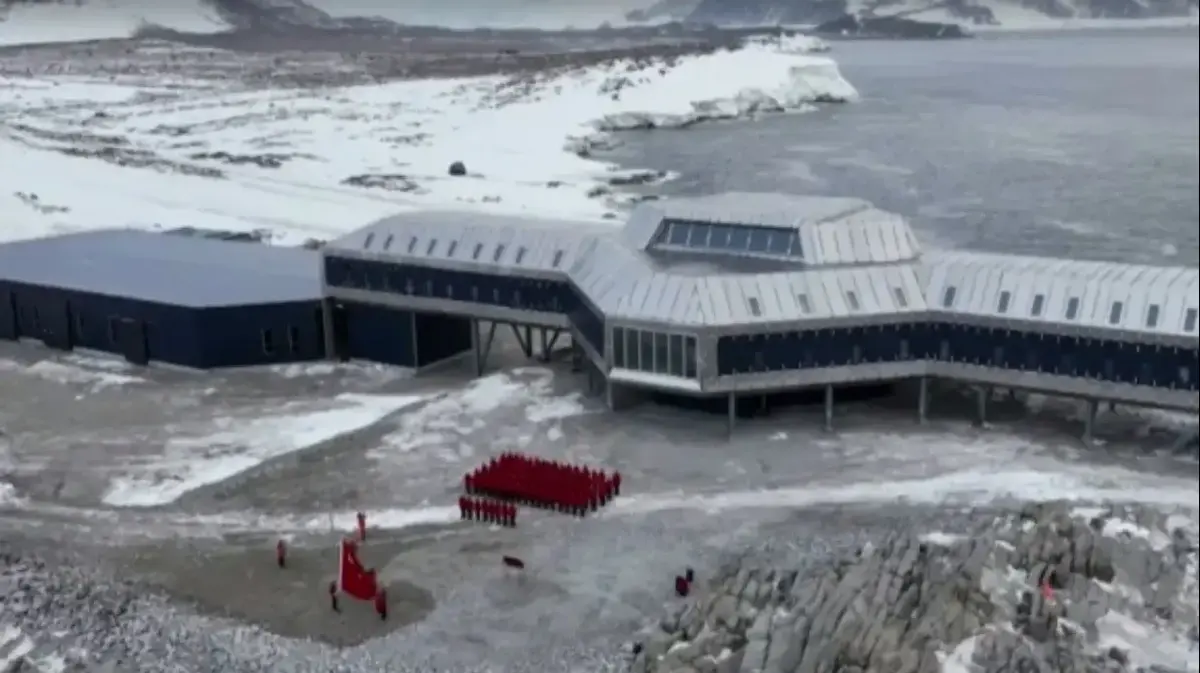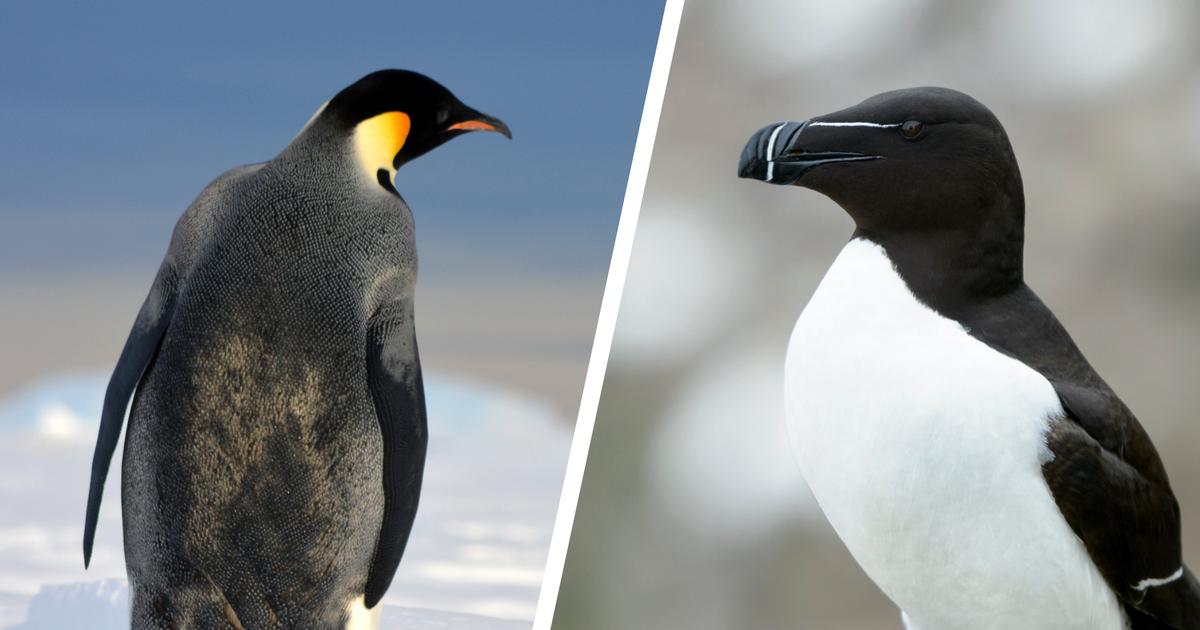The tiles begin to move and what is at stake is the protection of the largest navy on Earth, in the Southern or Antarctic Ocean, an area of more than three million square kilometers that would include the Weddell Sea, a vast area from East Antarctica and, more unlikely but not impossible, the Antarctic Peninsula. Achieving it or not is a decision that the international community must make about a sea that belongs to everyone and does not belong to anyone. The problem is that it must be done unanimously, and it is not easy. In fact, the matter has been stranded since 2012 for the largest proposed area (East Antarctica) for interests that have little to do with its protection and a lot to do with the economy and geopolitics. In 2020 the decision, in a meeting presided over by Spain and which was virtual, was postponed again for this 2021.Will the positions of the reticent change?
The need to protect such a distant ocean is not trivial. The Antarctic Ocean is today one of those few spaces on the planet that have practically been freed from human action, with a balance as fragile as it is vulnerable that is being broken by both indirect actions - climate change, pollution ... - and direct actions: fishing exploitation in a context of crisis. No scientific report doubts the need to take measures now so that we do not run out of unique ecosystems forever and it is done with an urgency that is pressing as time passes.
This commitment to creating new protected areas must come out of the Convention for the Conservation of Antarctic Marine Living Resources (CCAMLR), which will meet again next October.
Problem?
That of the 25 member countries, in addition to the European Union, all are in favor except two: Russia and China.
And so far there has been no way to change his criteria.
You can see with these photos what we want to protect!
More than 3 million km2 of new protected areas, home to unique ecosystems and biodiversity!
🐧
I call all leaders to join us! #ClimateChange and Nature loss are outpacing us!
The time to act is now! #CCAMLR #EUGreenDeal pic.twitter.com/5SK6sy9fpm
- Virginijus Sinkevičius (@VSinkevicius) April 28, 2021
In this scenario, the EU convened on April 28 a virtual and informal ministerial meeting attended by 15 of the CCAMLR countries on three continents (there were no reluctants) to boost the commitment to those three million square kilometers of the ocean. .
They could be even more (four million) if the latest proposal from Chile and Argentina to add the Antarctic peninsula is added, the area of the continent most threatened by rising temperatures, but also by fishing, an activity that dates back more of a century.
Today, among the most desired, krill stands out, this crustacean is part of the trophic chain of Antarctic life and is threatened by climate change and captures in very vulnerable areas, after it has become fashionable and its demand is growing.
In the last ministerial meeting, which has sought to initiate movements to change the blocked situation, the Spanish Vice President Teresa Ribera proposed holding a meeting in Spain prior to the 40th official meeting of the CCAMLR, in autumn, taking advantage of the fact that this year the 60th anniversary is celebrated of the Madrid Protocol on Antarctic environmental protection. “Spain,” said the minister, “unconditionally supports the urgent extension of the network of Marine Protected Areas, crucial to increase the resilience of the Southern Ocean to the effects of climate change and to ensure that the valuable Antarctic ecosystems and activities such as tourism and fishing are duly regulated to guarantee the preservation of Antarctic ecosystems ”.
In the same vein, the others summoned by the EU Commissioner for the Environment, Oceans and Fisheries, Virginijus Sinkevicius, all convinced that diplomatic efforts must be redoubled if 2021 is really to be decisive. This is reaffirmed in their final declaration: a firm commitment so that both East Antarctica and the Weddell Sea cease to be a commercial zone. And they remember that it was the CCAMLR's commitment to protect areas that represent all Antarctic biodiversity ", although in its 40 years of history that status has only been achieved for the Ross Sea and the South Orkney Islands. Now, they recognize" the need to take urgent and decisive action. ”The most notable change in his clear defense of the protection of the Antarctic was that represented by John Kerry,the special envoy for the Climate appointed by President Biden, as the representative of his country.
To achieve this, the need to involve society and thus increase international pressure on the two opposing States was mentioned. "It is important to use all the means at our disposal, institutional, economic, and also mobilize world public opinion from a creative, constructive and inclusive position," the Spanish minister stressed.
The reality is that so far the
veto
to the new protected areas has not changed due to requests from science, international environmental NGOs, or politicians. Furthermore, neither the EU nor the US are having the best time in their relations with the Russian government and there is Russian news that Putin wants to increase his role in Antarctica because he believes that the Western powers have "unfair advantages" in a place where natural resources can be extracted. And they always remember that the Russians arrived there 200 years ago. Shortly before the last CCAMLR meeting, in late 2020, a Russian diplomat accused the commission of being politicized because a Russian ship had been denounced for overfishing in the already protected area of the Ross Sea.
Nor is it that relations with China are at a point that allows pressure on its Government - given the dependence that the rest of the world has on its supplies, be they masks or microchips for vehicles - and there is nothing to suggest that, for the moment, it is interested in protecting this southern ocean. In fact, a year ago China launched with government support the world's largest vessel for Antarctic krill (the
Shen Lan
, 120 meters long by 20 meters wide). And it is capable of catching 50,000 tons a year of the crustacean, according to SeeFood. Protecting more areas would reduce the processing of the krill that they officially encourage enthusiastically.
Another issue is the operation of the CCMALR itself, which began in 1982 with the aim of limiting fishing in this place. The aforementioned fact that everything is decided by consensus and, therefore, that a single country can impose a veto on any decision, makes it difficult to carry out the proposals.
Some international analysts point out that the CCMALR has an "identity crisis" because, although it speaks of "conservation" in its mandate, at the end of the day it is about fishing and each one brings the ember to his sardine. In fact, in 2008 a working group was formed that recommended changing an article of its statutes on the resolution of disputes and including “the interpretation and application of conservation measures” as a matter to be brought to the International Criminal Court if there is no agreement between the parts. But it has not been included. Another thing is that pressure and sanction measures are taken outside the CCMALR for those who violate its agreements ... The question is: Is it as important to protect Antarctica as to confront two powers like China and Russia? And you have to remember what happened to the Russian ship
Palmer,
the vessel that was accused of fishing in a protected area by New Zealand.
Russia denied it and the
Palmer
has continued to fish.
What's more, the Russian representative said it was "an intentional attack" on his country for refusing to allow more protected areas.
As it is, the tiles move, but the game can be long.
The good news is that the vast majority of countries are in favor of preserving that distant and vulnerable sea, an ocean of ice that would thus have the largest marine protected area on the planet.

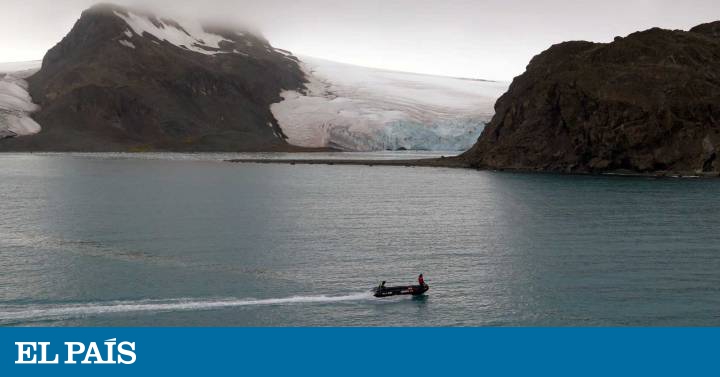
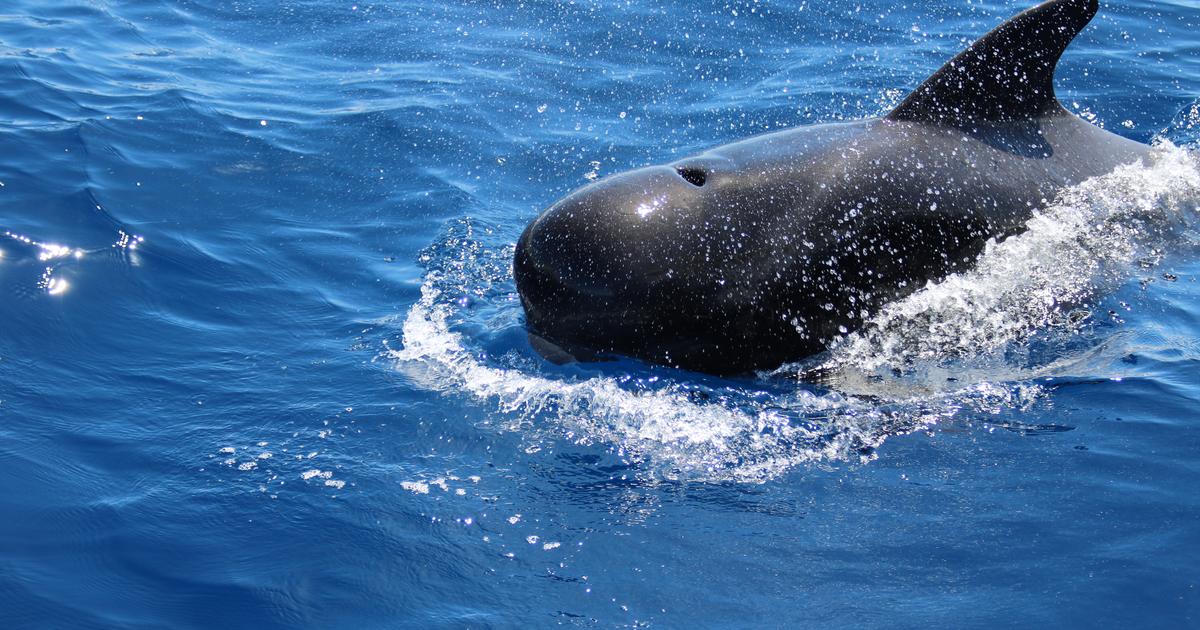
/cloudfront-eu-central-1.images.arcpublishing.com/prisa/DBT2OEOLXBGZTLYKDBM2FWSJNM.jpg)

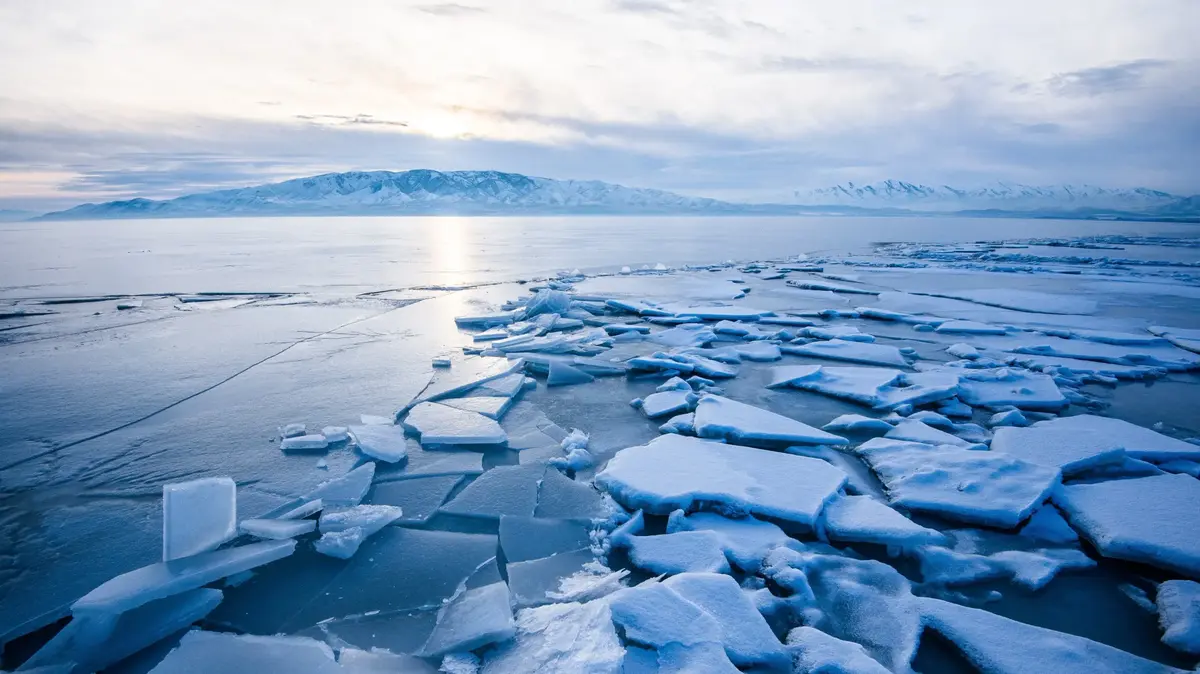
/cloudfront-eu-central-1.images.arcpublishing.com/prisa/RDP7XNGW75D75IA7EEZLKLBVJQ.jpg)
